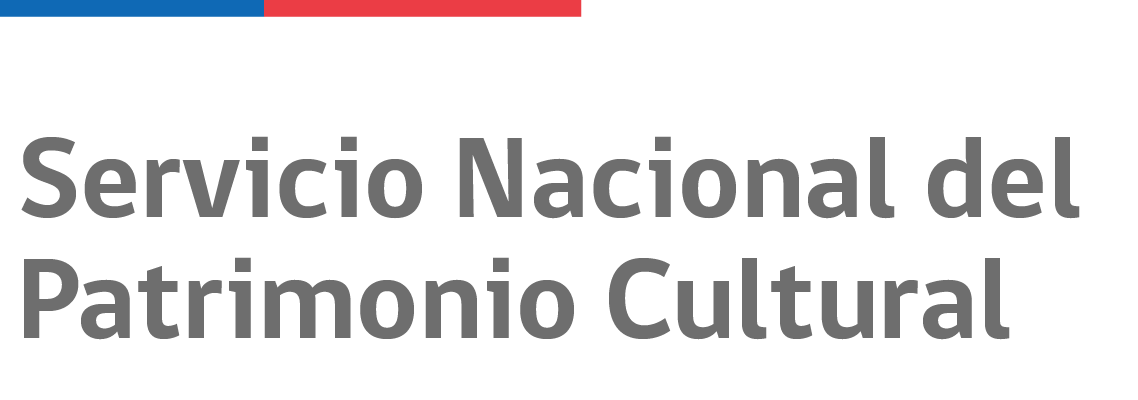
Opening times:
The 1930s were a time of conflict, change and experimentation. The Spanish Civil War, World War II and, in Chile, the creation of the Popular Front changed the paradigm on which Chilean society had until then been based. In this context, literature and books began to emerge as a meeting point through which to discuss the social and political questions affecting the country and the world.
The National Library, together with the Nicomedes Guzmán Foundation, has put together the exhibition, “Pupil, Sensitivity and Social Revival: 80 Years on from the Literary Generation of 1938”. Displays in the corners of the Library’s Bicentenary Room each refer to a different literary movement, represented by a particular writer.
Starting from the south-east corner and moving anti-clockwise, visitors can find Nicomedes Guzmán, Pepita Turina, Armando Méndez Carrasco and Héctor Barreto. Different socio-cultural bridges - illustrators and engravers, publishing houses, literary magazines and the political context - are used as links between the different movements, providing a portrait of a complex generation which emerged at almost the same time as the Popular Front and, in the words of Nicomedes Guzmán, sought to interpret:
“[…] a Chile that earlier writers appear not to have known […] coming closer to new men and landscapes: the far north, the mid-north, the anonymous lives of the islanders, the far south, all captured with a pupil and a sensitivity visibly influenced by a very respectable social revival” (Prologue by Nicomedes Guzmán to La Tierra de las Discordias by Osvaldo Wegmann, 1953).
The Generation of '38 included some of the country’s most talented writers who, as well as Nicomedes Guzmán and Pepita Turina, included Francisco Coloane, Marcela Paz, Oreste Plath, Marta Brunet, Oscar Castro and Carlos Droguett.
Roberto González Loyola, president of the Nicomedes Guzmán Foundation, explains that “the exhibition [...] seeks to provide a present-day way of understanding the significance of the Generation of ‘38, recognizing the work of men and women who, through technique and editorial production and the deepest sense of collaboration, made books a place of struggle, expression and sentiment of popular Chilean life”.
According to Pedro Pablo Zegers, director of the National Library, “hosting this exhibition has great literary, artistic and social importance. The writers of this group put their talent at the service of the country which was experiencing important internal and external processes; the exhibition tries to present different visions of the theme so as to provide visitors with the most complete understanding possible of the large number of authors and illustrators who formed part of the Generation of ‘38 around Chile”.

